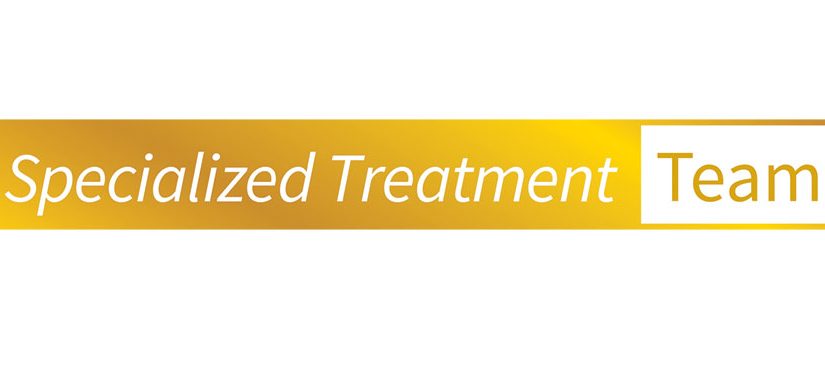What is ABA?
ABA therapy utilizes research-based practices of behavior analysis to modify behaviors and teach foundational and functional skills. It is the most effective researched based method of behavior modification to help children with Autism, communication disorders, and other developmental disabilities. Though it is designed for children with behavior concerns, we believe it is beneficial for all children regardless of undesirable behaviors. ABA helps children develop the skills necessary for independent functioning and success in childhood. Our Board Certified Behavior Analysts (BCBAs), Board Certified Assistant Behavior Anlaysts (BCaBAs), and trained ABA therapists ensure that only evidence-based, data-driven methods are utilized so every child has the opportunity to reach their fullest potential.
We focus primarily on Natural Environment Teaching, but we also incorporate Discrete Trial Instruction (DTI), Incidental Teaching, Task Analysis Instruction, Pivotal Response Training (PRT), and Fluency-Based Instruction depending upon the needs and skills of our clients. Our program’s focus is to work on expanding verbal behavior and communication skills, expanding play skills, increasing social awareness, teaching pre-academic and academic skills, independent self-help skills, and following school or social routines. Each program is individualized to the child’s needs and learning style.
How do I know if ABA is right for my child?
The following are general indicators that a child may benefit from ABA Therapy:
-
Difficulty with communication: verbal and nonverbal
-
Little interest in peers the same age – prefers to play alone
-
Little interest in age appropriate toys and play skills
-
Atypical behavior: excessive hand flapping, spinning, humming
-
Interest in an object vs. the function of that object: spinning the wheels of a toy car vs rolling it around the room
-
Aggressive or self-injurious behavior
-
Repetitive behavior: opening and closing cabinet doors, lining up toys, playing with lights or doorknobs
-
Difficulty with age appropriate self-help skills such as toileting
-
Attention and organizational problems with school tasks
-
Difficulty with social interaction
-
Difficulty with feeding, food aversions or a very limited diet
-
Difficulty regulating activity level
-
Frequent disruptive behavior
What are the potential benefits of ABA therapy?
With individualized ABA therapy and skills programming, ABA has the ability to target skills that require explicit teaching opportunities. Some skill areas include but are not limited to:
-
Reduction in undesirable behaviors
-
Language skills (all levels)
-
Gross and fine motor skills
-
Social skills
-
Attending to tasks
-
Pre-academics
-
Academics
-
Potty training

